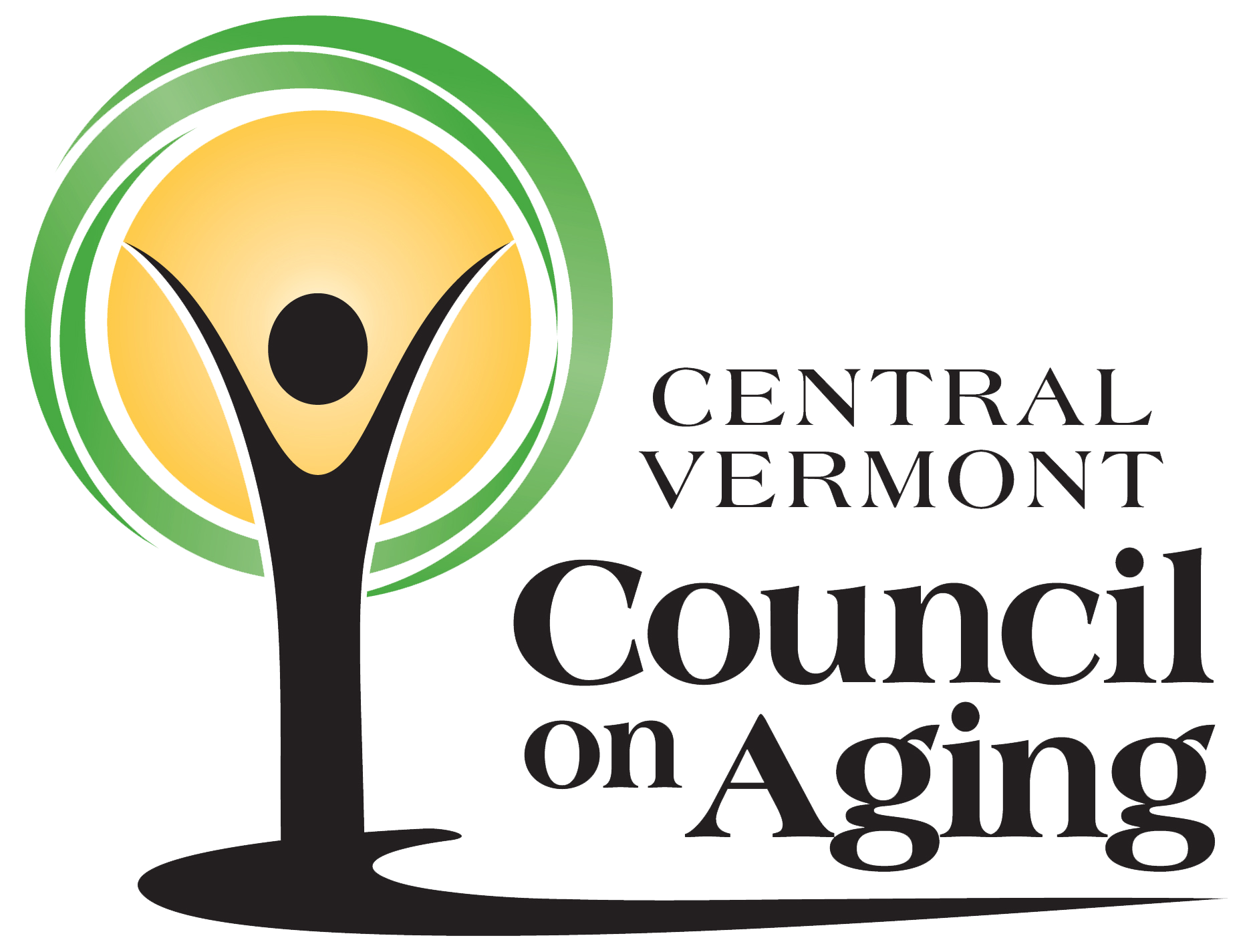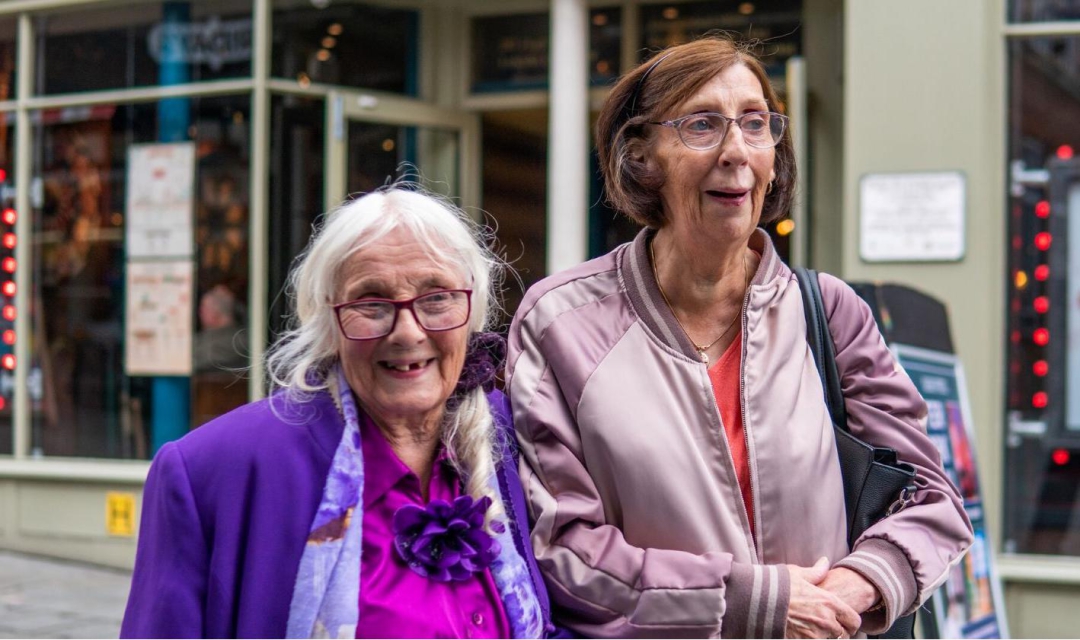Prioritize Social Connection, For Yourself and For Others
Social connection is vital to our well-being. Making meaningful connections with others is integral for thriving as humans, equally important as nutritious food and clean water, access to the outdoors, and safe housing. It's time we recognize social isolation and loneliness as health risks in our communities.
The statistics are alarming: health risks of prolonged isolation are equivalent to smoking 15 cigarettes a day, and, over half of older adults experience isolation throughout the year. Social isolation and loneliness have been tied to increased risk of cognitive decline, depression, obesity, Alzheimer's disease, heart disease, and more. It is becoming increasingly clear that a lack of social connectedness can affect both physical and mental health.
The social connection picture can be quite complicated for older adults. As we age, we lose connections through death, migration of family and friends, family conflict or severing of family ties, and lack of opportunities. 28% of older adults live alone, which increases risk of social isolation and loneliness. People with lower incomes, underrepresented racial groups, and LGBTQ+ people are also disproportionately affected.
Here's the good news! - Enhancing social connection is often, at least to some extent, within our control as humans. We can seek out and create opportunities for social connection. And, we can prioritize social connection for our own health and well-being and for those around us!
Think about those times when a friendly hello or smile from a neighbor or stranger made your day in the grocery store, or when an unexpected compliment or casual conversation with a co-worker gave you a new perspective. We all experienced a catastrophic loss of these interactions during the height of the pandemic, leading to many people feeling cut off from the world. Small interactions have subtle but significant impacts on our happiness, and for some, these interactions are vital for social and emotional well-being. While seemlingly on the periphery, research is showing that these encounters have a profound impact on our well-being, especially as we age. Intentionally engaging in these casual encounters and conversations is a great way to share stories, spark curiosity, encourage lifelong learning, and create joyful moments.
While social isolation and loneliness are often intertwined, there is an important distinction to make. Social isolation refers to an objective lack of social connections. Loneliness is the subjective feeling of being alone, regardless of the number of social connections one has or their physical proximitey to others. This disction is especially important during the holidays.
For some, the holiday season is a joyful time, filled with fun gatherings and relaxation. For others, the holidays are a time of coping with grief and loss, or navigating toxic and abuse relationships. Since we aren't privy to the inner lives or challenges of others, consider ways to connect with others beyond the default "Happy Holidays" greeting. Probing questions like "How do you plan to relax and rejuvenate during the holidays?" or "Is there anything I can do for you over the holidays?" can go a long way to helping someone feel connected.
In addition to intentionally engaging in casual encounters, here are a few suggestions for enhancing social connection over the holidays:
- Attend community meals and classes at your local Senior Center. There are lots of amazing centers across Central Vermont!
- Engage in arts and activites and share your work with friends and family. If you need a way to engage, check out these creative aging resources.
- Sign up for GetSetUp and take free online classes and join online social groups. GetSetUp is currently free for all people age 60+ in Vermont with hundreds of classes to choose from each week.
- Reach out to your friends, neighbors, and community members (Front Porch Forum is a great resource) to start your own social group around a topic of mutual interest (how about a walking group, birdwatching outings, or film club??).
- Take an exercise class led by a certified volunteer instructor.
- Explore volunteer opportunities with CVCOA and become the person who offers a friendly smile and casual encounter while delivering a meal, inspiring creativity, or cleaning out a garden bed. Click here to see a list of our many volunteer opportunities!
No matter what your interests are, there are others in the community to connect with! Reach out for your well-being and for the health and well-being of older adults in your life and community.
If you are struggling over the holidays, please utilize these mental health resources or call/text 988 if you are in distress or crisis.

 -1-.png)
